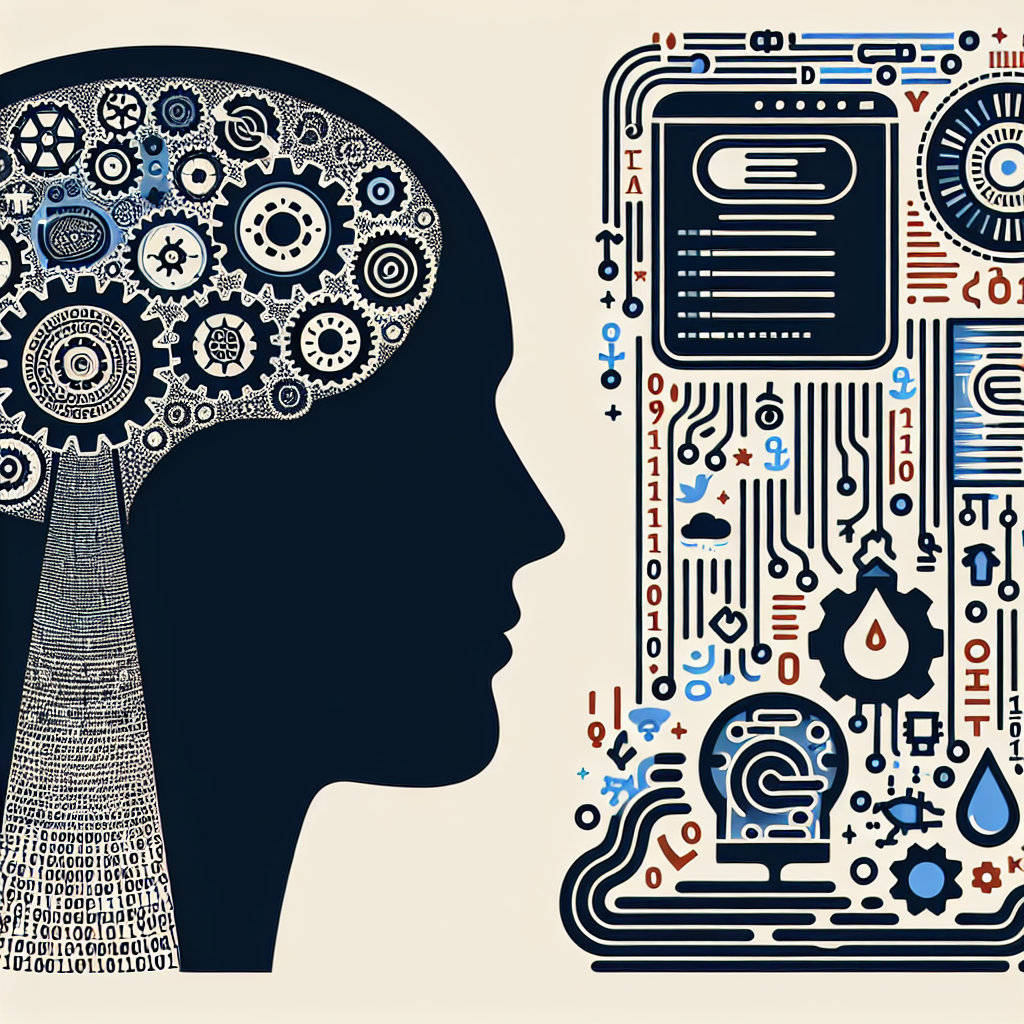Natural Language Processing (NLP) is a branch of artificial intelligence that focuses on the interaction between computers and human language. It enables computers to understand, interpret, and generate human language in a way that is valuable for content creation. NLP has had a significant impact on content creation, revolutionizing the way we write, edit, and distribute content.
NLP has transformed the content creation process in several ways. One of the key benefits of NLP is its ability to analyze and understand large volumes of text quickly and accurately. This allows content creators to gather insights from vast amounts of data and identify trends, patterns, and opportunities for content creation. NLP can help content creators identify the most relevant keywords, topics, and themes for their content, ensuring that it resonates with their target audience.
NLP can also be used to improve the quality of content by providing automated editing and proofreading services. NLP algorithms can identify grammar and spelling errors, suggest improvements to sentence structure, and even provide recommendations for improving the overall readability and clarity of the content. This can save content creators time and effort in the editing process, allowing them to focus on creating high-quality, engaging content.
Another way NLP has impacted content creation is through the development of chatbots and virtual assistants. These AI-powered tools can interact with users in natural language, providing information, answering questions, and even generating content based on user input. Chatbots and virtual assistants are increasingly being used by companies to engage with customers, provide personalized recommendations, and deliver content in a more interactive and engaging way.
NLP has also played a role in the rise of content personalization. By analyzing user behavior, preferences, and interactions with content, NLP algorithms can help content creators tailor their content to individual users, delivering a more personalized and relevant experience. This can lead to higher engagement, increased conversions, and improved customer satisfaction.
In addition to these benefits, NLP has also had a significant impact on SEO (search engine optimization) and content marketing. By understanding the intent behind search queries and analyzing the content of web pages, NLP algorithms can help content creators optimize their content for search engines, making it more visible and relevant to users. This can lead to higher rankings in search engine results pages, increased organic traffic, and ultimately, more conversions and sales.
Overall, NLP has revolutionized the content creation process, enabling content creators to produce higher quality, more engaging, and more personalized content. By leveraging the power of NLP, content creators can gain valuable insights, automate repetitive tasks, and deliver content that resonates with their target audience. As NLP technology continues to evolve, we can expect even more exciting innovations in content creation in the future.
FAQs:
Q: How does NLP improve content creation?
A: NLP can improve content creation by helping content creators analyze and understand large volumes of text quickly, providing automated editing and proofreading services, developing chatbots and virtual assistants, enabling content personalization, and optimizing content for search engines.
Q: What are the benefits of using NLP in content creation?
A: The benefits of using NLP in content creation include improved efficiency, higher quality content, increased engagement, personalized user experiences, improved SEO, and ultimately, better business outcomes.
Q: How can content creators leverage NLP technology?
A: Content creators can leverage NLP technology by using it to gather insights from data, automate editing and proofreading tasks, develop chatbots and virtual assistants, personalize content for users, and optimize content for search engines.
Q: What are some examples of NLP applications in content creation?
A: Some examples of NLP applications in content creation include sentiment analysis, text summarization, language translation, chatbots and virtual assistants, content recommendation engines, and SEO optimization tools.
Q: What are the challenges of using NLP in content creation?
A: Some challenges of using NLP in content creation include the need for high-quality training data, the complexity of NLP algorithms, the potential for bias in language models, and the need for ongoing maintenance and updates to NLP systems.

